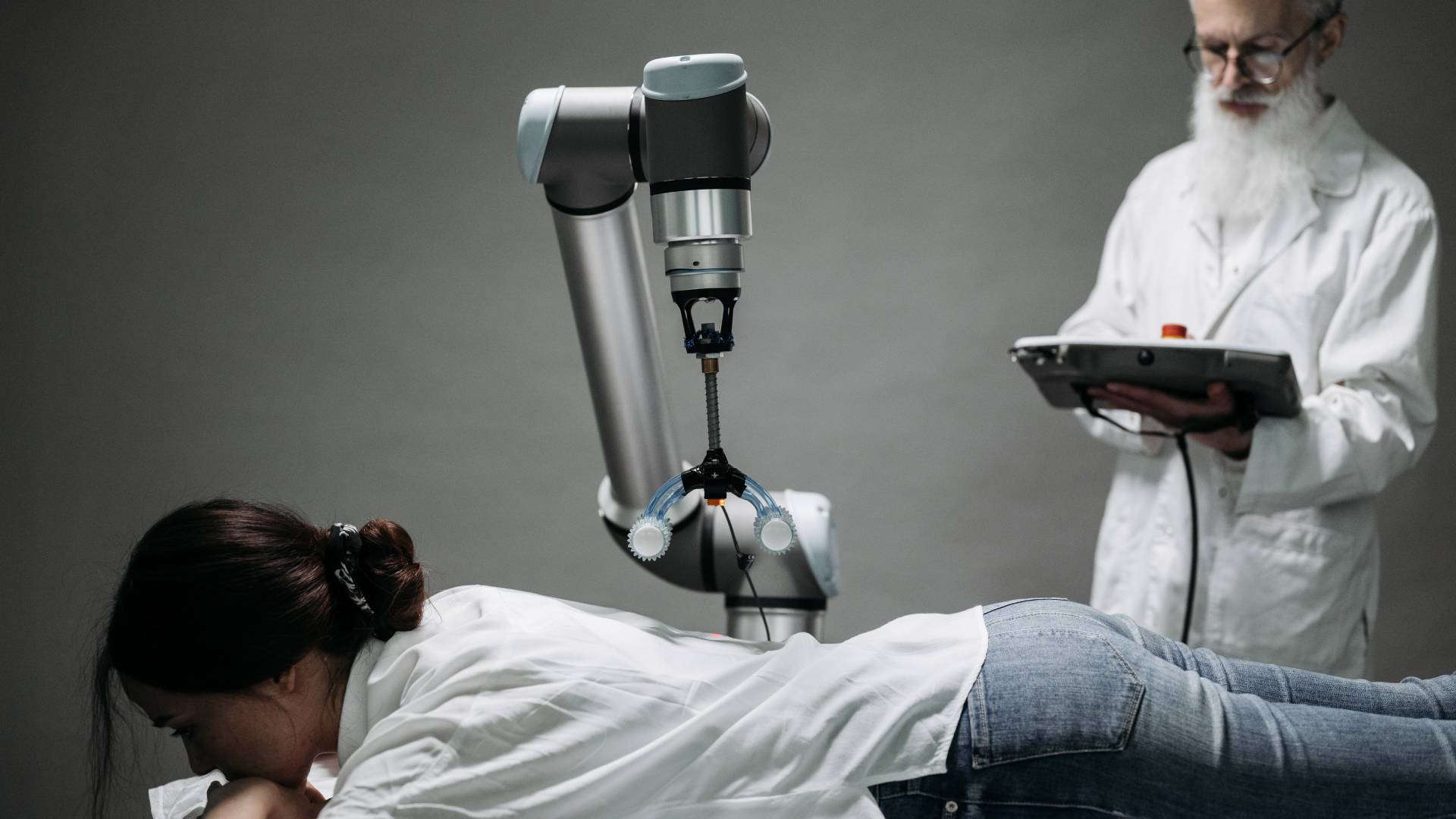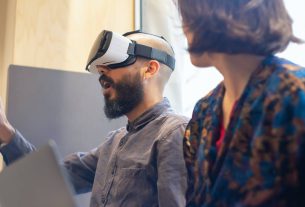Artificial Intelligence (AI) has become a game-changer for many industries, and healthcare is no exception. AI has the potential to revolutionize the way we approach healthcare by improving diagnosis and treatment outcomes, and enhancing patient care. In this article, we’ll explore how AI is impacting the healthcare industry and why it’s so important.
One of the biggest benefits of AI in healthcare is the ability to analyze and interpret vast amounts of data quickly and accurately. AI-powered algorithms can comb through electronic health records and medical imaging studies to detect patterns and insights that might otherwise go unnoticed. This allows healthcare providers to make more informed decisions about patient care, improve treatment outcomes, and ultimately save lives.
AI is also helping to streamline administrative tasks in healthcare. Automated systems can handle tasks such as scheduling appointments, managing patient records, and billing. This frees up healthcare providers to focus on more complex tasks that require human intervention and improves the overall patient experience.
Another area where AI is having a significant impact is in medical imaging. AI algorithms can analyze medical images such as X-rays, CT scans, and MRIs to detect subtle abnormalities that might not be apparent to the human eye. This allows for earlier diagnosis of diseases such as cancer and enables physicians to develop treatment plans more quickly.
AI is also being used to develop more personalized treatment plans. With the help of AI, physicians can analyze patient data to identify the best course of treatment for each individual. This personalized approach can result in better outcomes and a higher quality of life for patients.
In addition to diagnosis and treatment, AI is being used to improve patient monitoring and care. Wearable devices can track vital signs, activity levels, and medication adherence in real-time, providing valuable information to healthcare providers. This data can be used to detect early warning signs of health problems and allow for early intervention.
While there are certainly benefits to using AI in healthcare, there are also challenges that need to be addressed. One of the biggest concerns is the potential for bias in AI algorithms. To ensure that AI is used in a fair and unbiased way, it’s essential to ensure that the data used to train the algorithms is representative of all patients.
Another challenge is ensuring that the use of AI in healthcare is aligned with ethical and privacy considerations. Patients must be informed of how their data is being used and be given the opportunity to opt-out if they choose to do so.
In conclusion, AI has the potential to revolutionize healthcare by improving diagnosis and treatment outcomes, streamlining administrative tasks, and enhancing patient care. As with any new technology, there are challenges that must be addressed to ensure that AI is used in a fair and ethical way. But the potential benefits are enormous, and AI is sure to play an increasingly important role in healthcare in the years to come.




